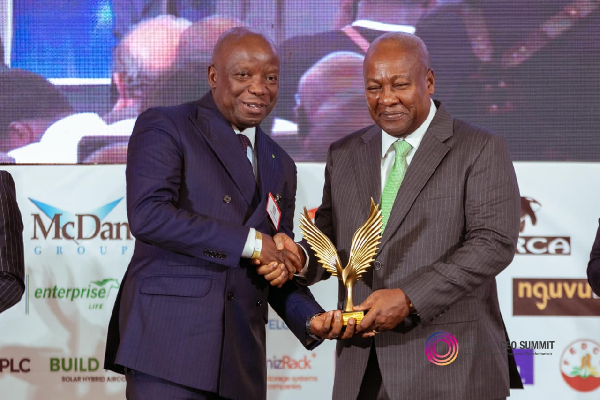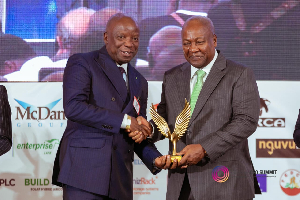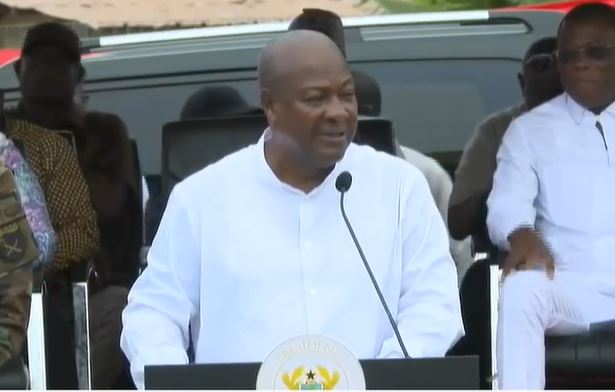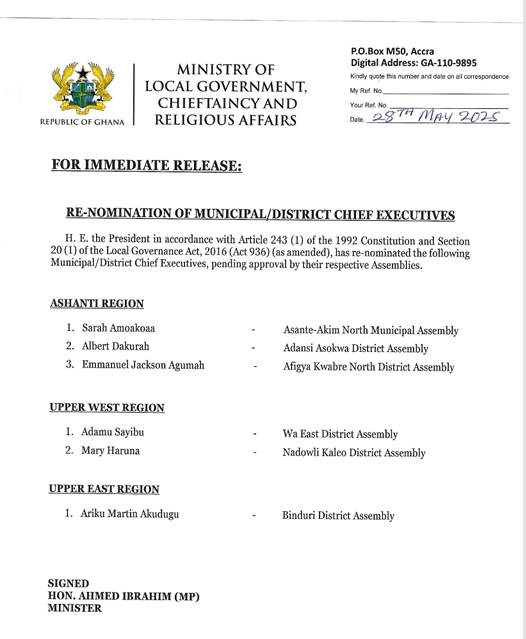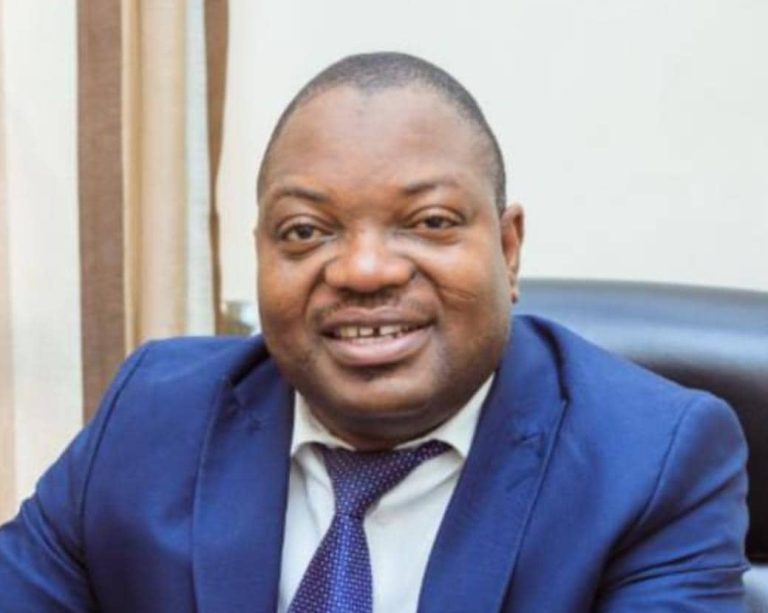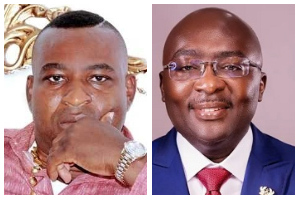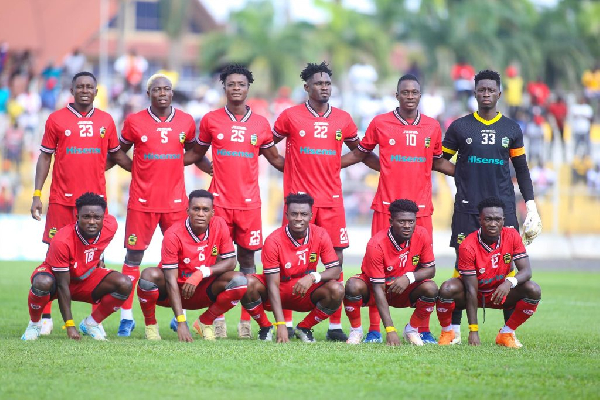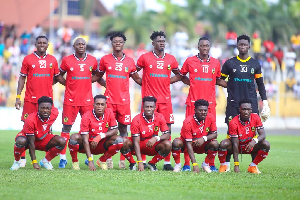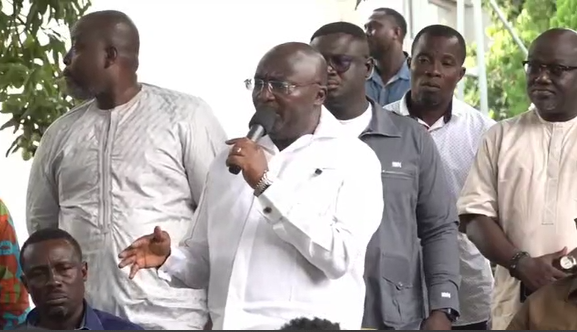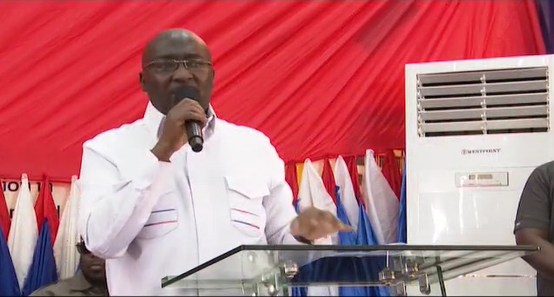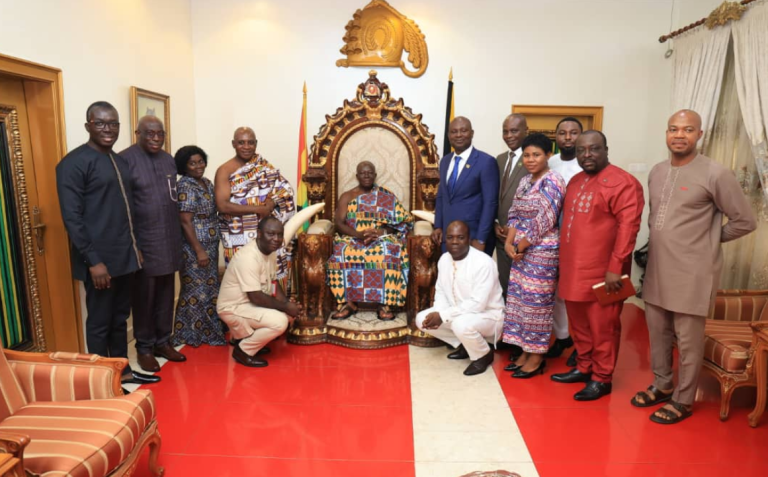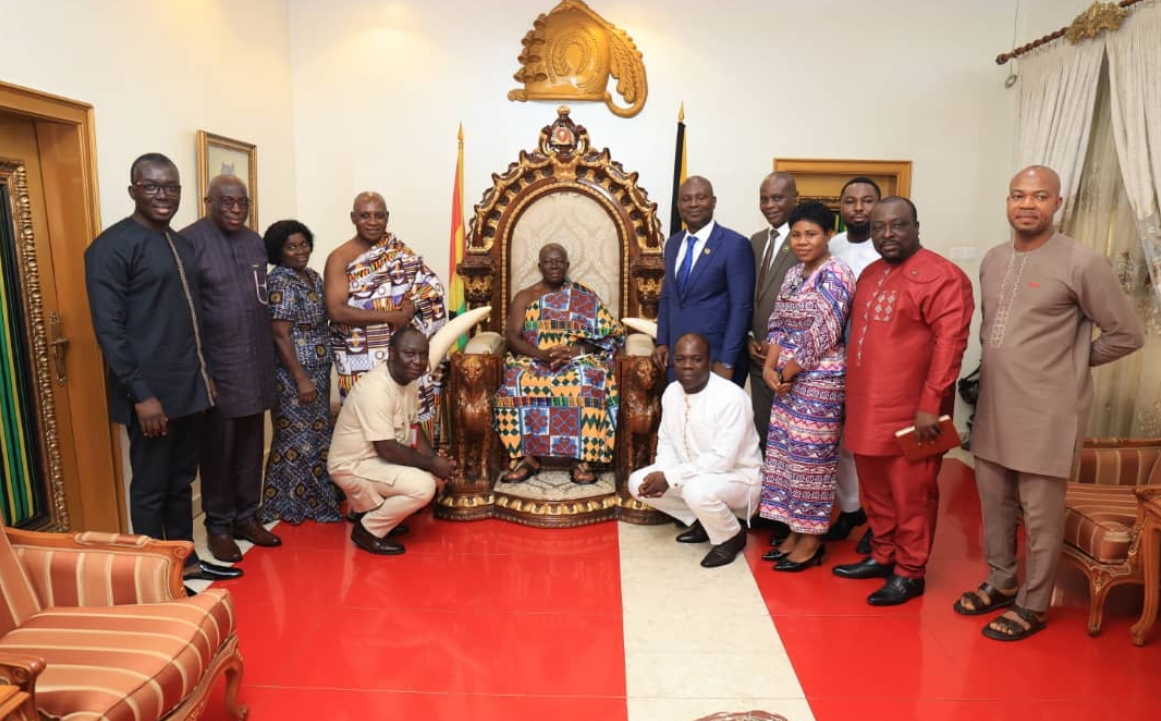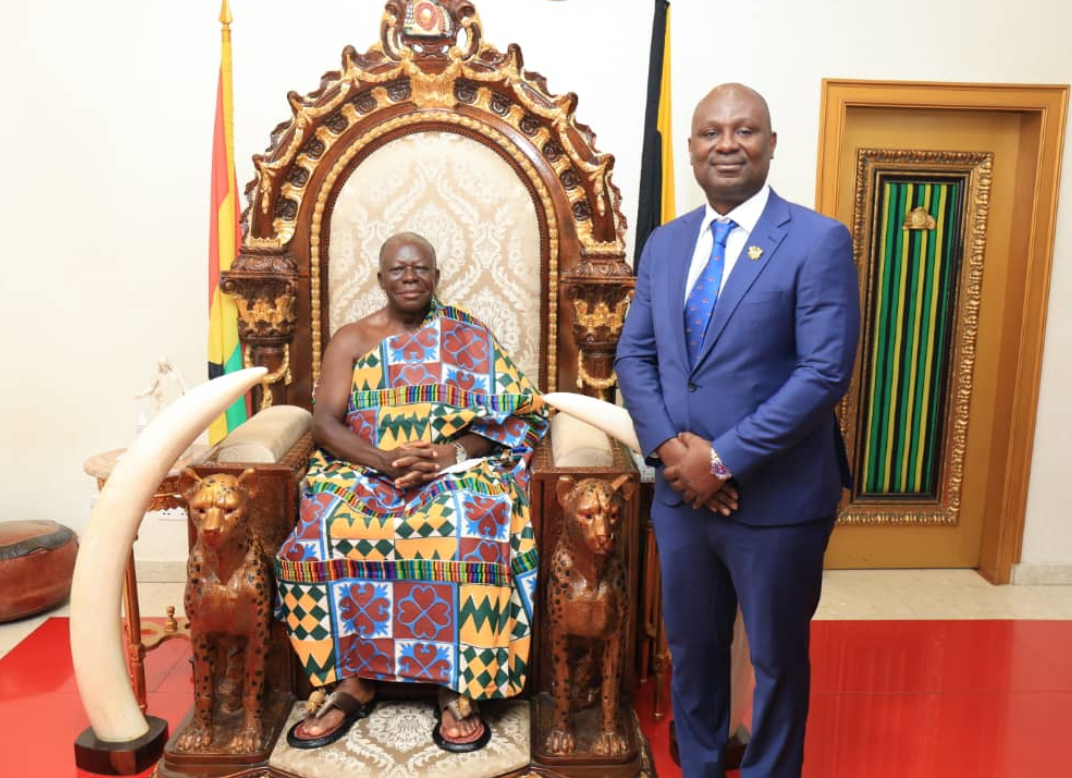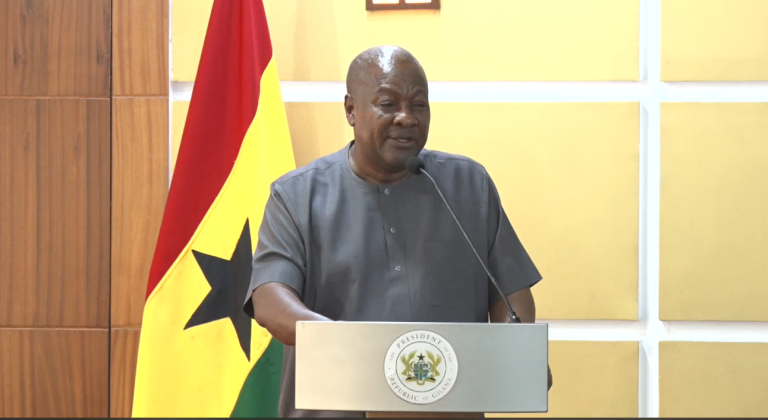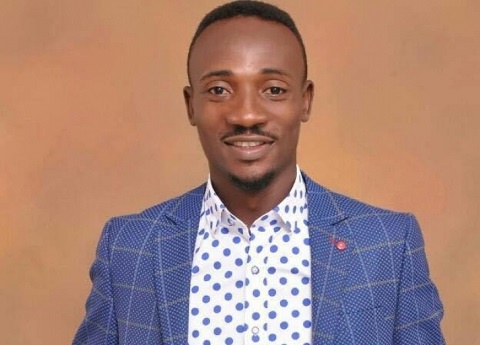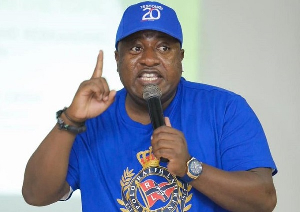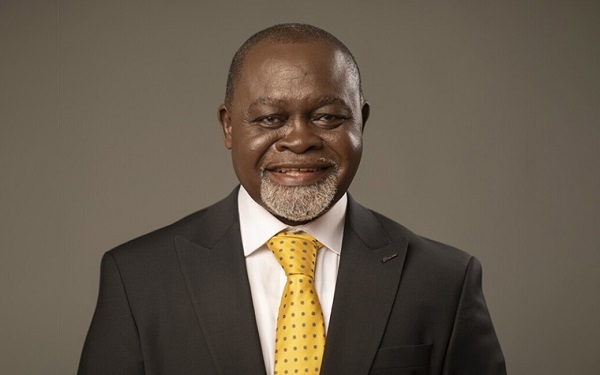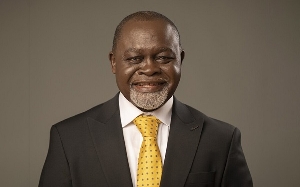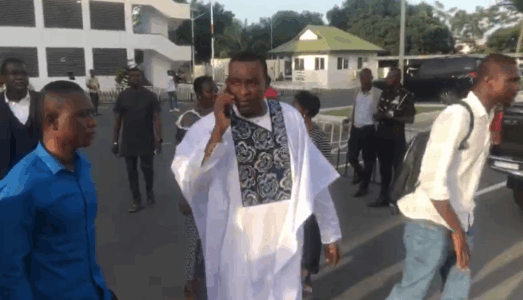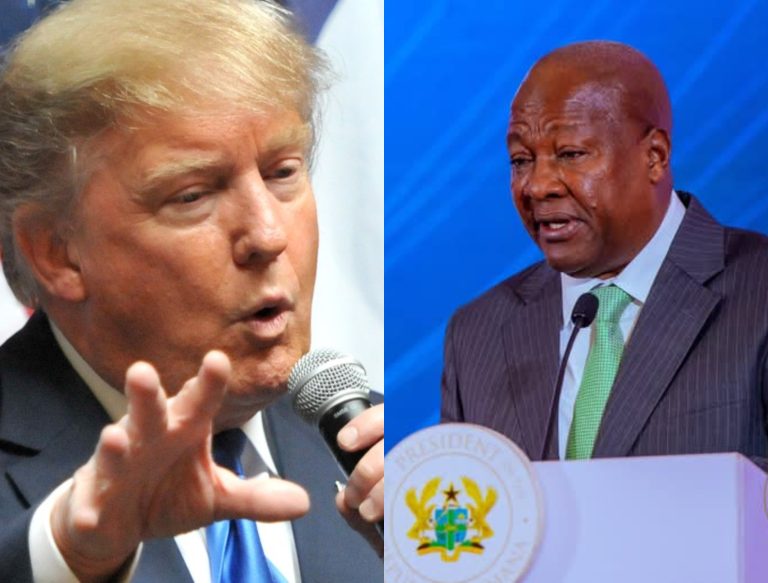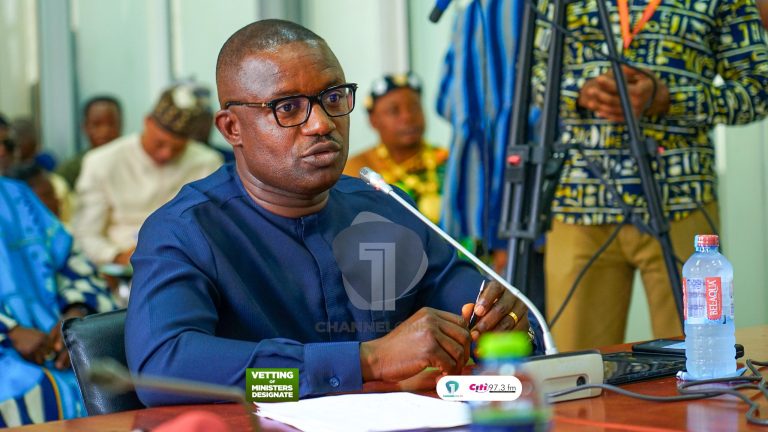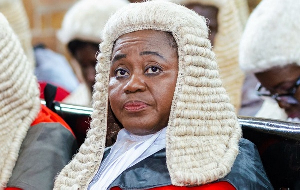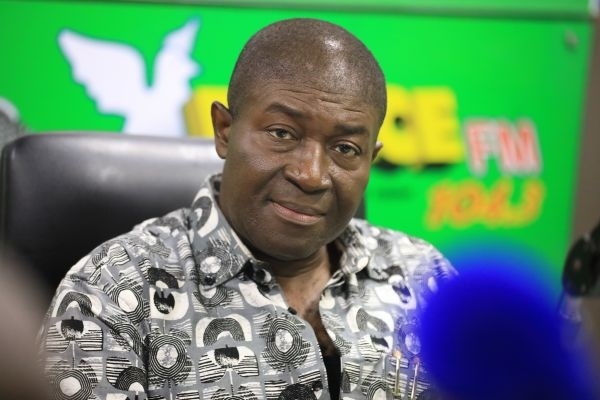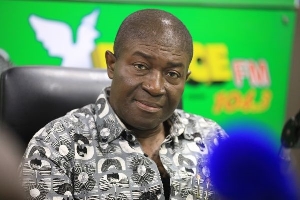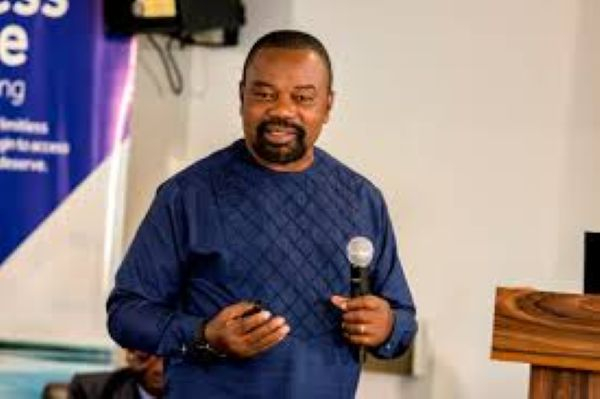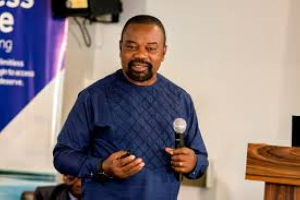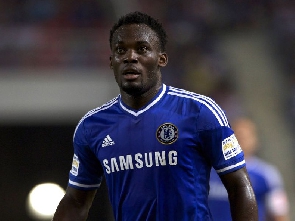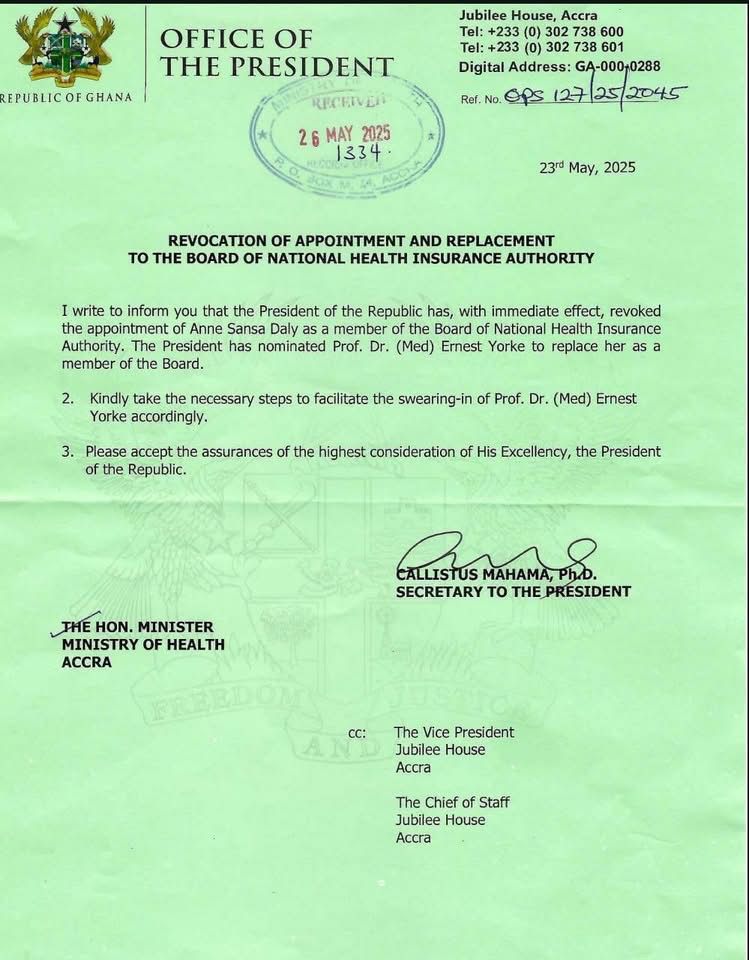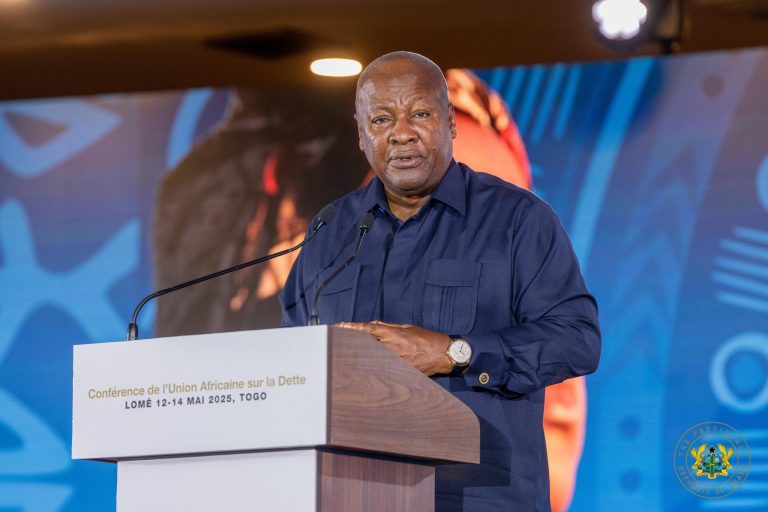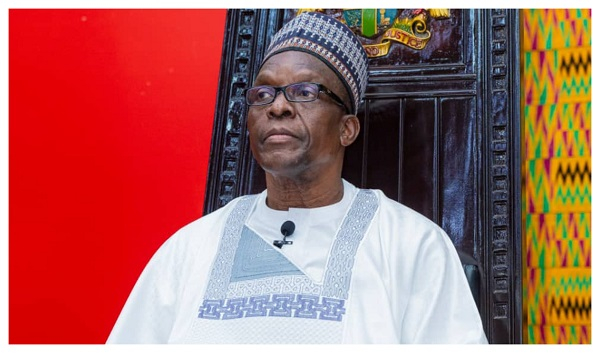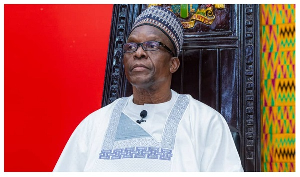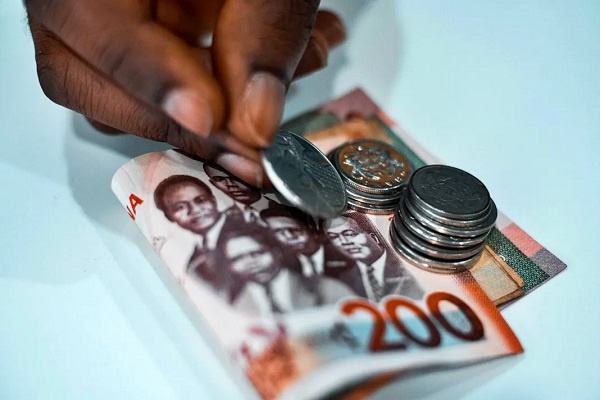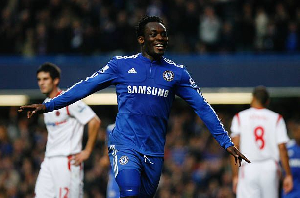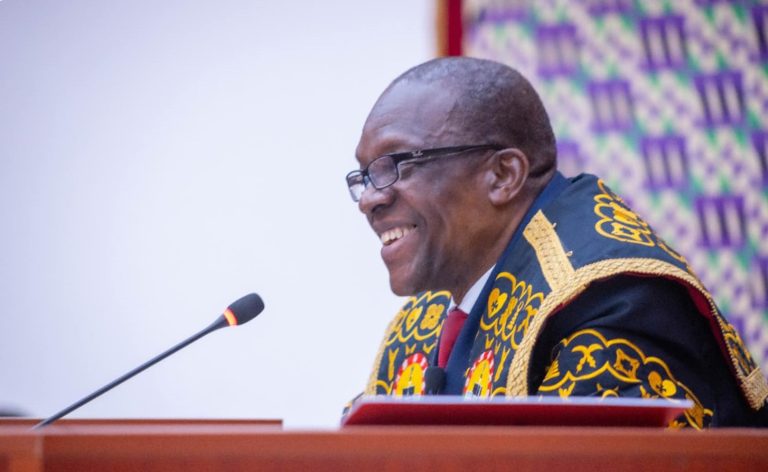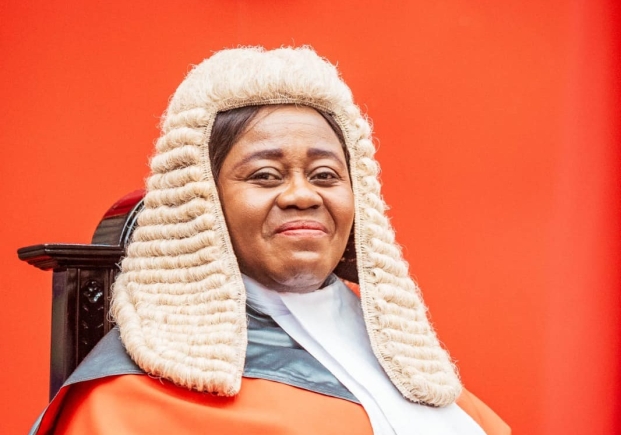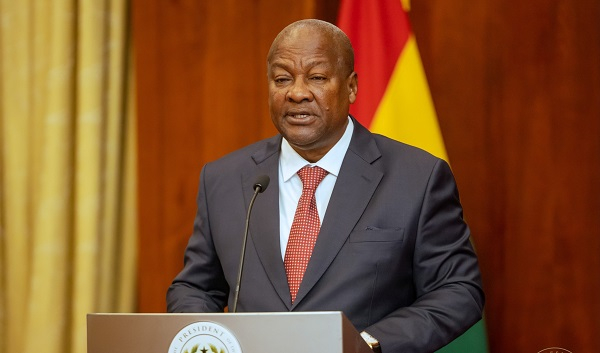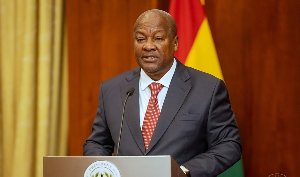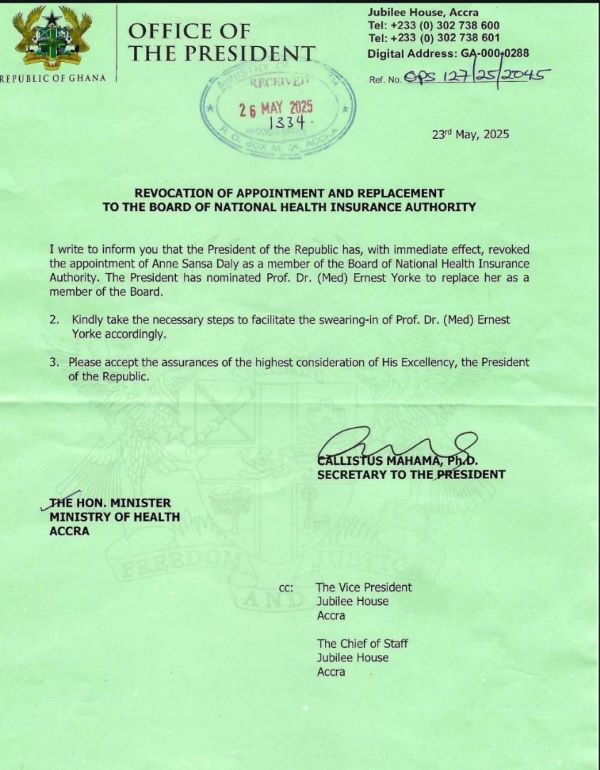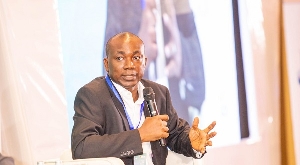By all accounts, Ghana’s macroeconomic environment has turned a crucial corner. After years of volatility and inflationary shocks, the country is beginning to experience much-needed stability and one of the clearest signs of this shift is the performance of the Ghana cedi.
As of May 20, 2025, the cedi has appreciated by 21.5% year-to-date, a dramatic reversal from the 19.2% depreciation recorded in 2024. This turnaround has naturally sparked questions across the market: Is this sustainable? Will the gains hold?
Following its latest meeting, the Monetary Policy Committee (MPC) of the Bank of Ghana unanimously voted to maintain the policy rate at 28%, sending a clear message to markets: the commitment to price stability and macroeconomic discipline remains firm.
The MPC noted that inflation has continued its downward trajectory declining from 23.8% in December 2024 to 21.2% in April 2025 and that while global uncertainties persist, Ghana’s domestic fundamentals have significantly strengthened.
A foundation built on strong fundamentals
The current stabilization of the cedi is not driven by temporary interventions or short-term capital flows. Rather, it reflects a broad-based improvement in the underlying macroeconomic framework, including:
A tight monetary policy stance that is re-anchoring inflation expectations; Strong reserve accumulation, with gross international reserves now standing at US$10.67 billion (4.7 months of import cover); A trade surplus of US$4.14 billion in the first four months of 2025, driven largely by increased gold exports; A current account surplus of US$2.12 billion in Q1 2025, compared to just US$66.05 million in Q1 2024; And increasing fiscal discipline, following overspending in 2024. Additionally, business and consumer confidence is rebounding, while the Bank of Ghana’s shift to a more robust Open Market Operations (OMO) framework is deepening the monetary policy transmission mechanism.
These are structural improvements, not cosmetic ones.
What could go wrong and why the market shouldn’t panic
That said, Ghana is not immune to global headwinds. One of the key pillars supporting the cedi’s strength has been the rise in gold prices, which surged to US$3,218/oz in April 2025, up 21.8% year-to-date.
This has provided a crucial boost to export earnings and reserves through the Gold-for-Reserve programme. However, any improvement in U.S.-China relations may ease global uncertainty and lead to a softening of gold prices. In such a scenario, Ghana could face some valuation losses on its reserve holdings.
But even if gold prices adjust downward, the Bank of Ghana will continue to accumulate reserves, albeit at a slower pace. The point is: reserve accumulation is now a policy norm, not a reactionary tool.
Another factor to watch is remittance flows. With an expected slowdown in advanced economies and the proposed 5% tax on outbound remittance transfers from the U.S., some decline in inflows may occur.
However, ongoing reforms in the remittance space including digitization, transparency improvements, and reduced transaction costs are expected to cushion the impact. Remittances remain a resilient inflow stream, especially in times of global uncertainty.
Similarly, forex purchases from mining and oil companies, while steady, are subject to fluctuations in commodity prices.
Cocoa proceeds have also been strong, largely due to supply constraints that have driven up global prices. These constraints, however, are unlikely to be reversed in the near term, meaning that cocoa-related forex flows are expected to remain favorable.
The role of policy and market sentiment
Perhaps the most important factor in the sustainability of cedi stability is policy credibility. The current MPC’s stance to hold the policy rate at a high level while monitoring disinflation sends a strong signal to the market that the central bank is not in a rush to ease.
The focus remains on anchoring inflation and ensuring that the gains made in the first half of the year are consolidated.
Moreover, the enforcement of foreign exchange (FX) rules and continued fiscal prudence are playing vital roles. The days of policy inconsistency and market ambivalence appear to be over. Under the new leadership, both at the central bank and ministry of finance, there is clear coordination and coherence in economic management.
It’s also worth noting that while the U.S. dollar has been weak a trend that has helped the cedi’s rally, there are signs that this trend may not last. Should the dollar strengthen again, some pressure on the cedi could re-emerge.
But here’s the difference: domestic fundamentals are strong enough to cushion such pressure. The cedi is no longer being propped up by one-off inflows or ad hoc interventions; it is being supported by solid fundamentals, disciplined policy, and growing investor confidence.
Why inflation may perform better than expected
In his latest remarks, the Governor of the Bank of Ghana expressed cautious optimism that inflation could end the year lower than currently projected and for good reason. Several recent developments are working in tandem to reinforce the disinflation trend and may deliver a stronger-than-expected outcome.
First, the sharp appreciation of the cedi—nearly 20% against the U.S. dollar so far in 2025—has fundamentally altered the dynamics of imported inflation.
With a stronger domestic currency, the cost of imported goods, raw materials, and petroleum products has declined, effectively turning imported inflation into imported disinflation. This appreciation also lowers duties and port charges, reducing the cost of clearance and final consumer prices.
Second, transport fares have dropped by 15%, following adjustments in fuel prices and exchange rate gains. This has a ripple effect across the economy: lower transport costs directly reduce the prices of food and other essential goods, particularly in regions dependent on long-distance distribution.
Third, the combined effect of tight monetary policy and improving fiscal discipline is anchoring inflation expectations.
The MPC’s decision to hold the policy rate at 28% affirms its commitment to staying ahead of inflationary pressures, while the government’s renewed focus on spending control supports macroeconomic stability from the fiscal side. These complementary policies reinforce one another and contribute to a more predictable price environment.
Moreover, a component of utility tariffs especially electricity pricing regulated by the PURC is based on an assumed exchange rate benchmark. With the current strength of the cedi, the prevailing assumption of GHS15 or higher per dollar is now out of line with reality.
As such, upcoming tariff reviews are expected to reflect a lower exchange rate, leading to reduced electricity costs in the next pricing window. This will not only ease the burden on households but also lower production costs for businesses, which can ultimately translate into more affordable industrial goods and services.
Altogether, these developments, strong currency performance, lower transport and utility costs, and disciplined policy point to a more favorable inflation outturn by year-end than originally projected.
The market should take note: Ghana’s inflation trajectory is on a more stable and optimistic path than in recent years, supported by fundamentals, not luck.
Growth outlook supports stability
Ghana’s growth outlook for 2025, though modest compared to last year’s surge, remains solid and reassuring. Real GDP growth is projected at 4.0%, slightly down from the 5.7% expansion in 2024, but this is still commendable given the prevailing headwinds in the global economy.
Major economies are slowing, capital markets remain cautious, and commodity prices—though currently favorable, are volatile. Against this backdrop, a 4% growth projection signals resilience, particularly for a frontier market emerging from recent fiscal and currency stress.
This growth is expected to be broad-based, supported by continued recovery in industry and services, increased public and private investment, and improved macroeconomic confidence. One of the most encouraging developments is the rebound in private sector credit growth.
As of April 2025, nominal private sector credit growth stood at 19.9%, more than doubling the 10.8% growth rate recorded in the same period last year. Even in real terms, the contraction in private sector credit has narrowed significantly from -11.4% to -1.1%, pointing to improving access to finance as inflation eases.
Consumer demand is also stabilizing, buoyed by rising real incomes, improving business sentiment, and increased employment prospects in services and agro-processing.
At the same time, inflation is coming down, having declined from 23.8% at end-2024 to 21.2% in April 2025. The consistent moderation of inflation has enhanced purchasing power and created room for more stable financial planning by households and businesses.
Together, these developments are creating a virtuous cycle. Lower inflation supports consumer confidence; stronger demand fuels production and investment; and greater economic activity, in turn, generates tax revenue and reduces pressure on government borrowing. All these factors contribute to macroeconomic stability, which in turn reduces the likelihood of exchange rate volatility.
Importantly, the MPC’s decision to maintain a tight policy stance, while allowing targeted credit expansion to productive sectors, demonstrates a balanced and forward-looking approach to growth management. The objective is clear: protect the disinflation gains, while supporting real sector expansion in a controlled and sustainable manner.
A word to the market
To investors, market participants, and ordinary Ghanaians watching the performance of the cedi with both hope and skepticism, the message could not be clearer: this stabilization is not artificial. It is real, policy-backed, and most importantly, sustainable in the near term.
Yes, challenges remain. The possibility of a stronger U.S. dollar, falling gold prices, or geopolitical tensions in major commodity markets cannot be ruled out.
Global spillovers can and do affect Ghana. But what has changed is how Ghana is positioned to withstand these shocks. For the first time in years, domestic policy fundamentals are doing the heavy lifting.
The Bank of Ghana has restored its credibility by taking decisive monetary actions and enhancing policy transparency.
The Ministry of Finance has signaled a return to fiscal prudence, with early 2025 indicators pointing to better expenditure control and improved revenue performance.
The external sector is improving, with strong trade and current account surpluses, growing reserves, and sustained forex inflows from gold, cocoa, and even remittances.
And most importantly, market sentiment has turned. Ghana’s sovereign credit rating has improved, investor interest is returning, and speculative demand for dollars is beginning to decline.
Those still holding dollars in anticipation of another cedi collapse may be misreading this moment. The data is clear. The policy stance is firm.
The results are visible. Continuing to bet against the cedi may now be a losing strategy because the very foundations of macroeconomic mismanagement that enabled past depreciation cycles are being dismantled.
This is not to say all risks have disappeared. But in economic management, direction matters as much as position. And Ghana is finally headed in the right direction cautiously, but with resolve.
To businesses planning investment decisions, to households making financial plans, and to investors watching from the sidelines: this is the moment to recalibrate. Ghana’s macroeconomic environment is stabilizing, and if the current course is maintained, this momentum could very well become a new baseline not the exception.

